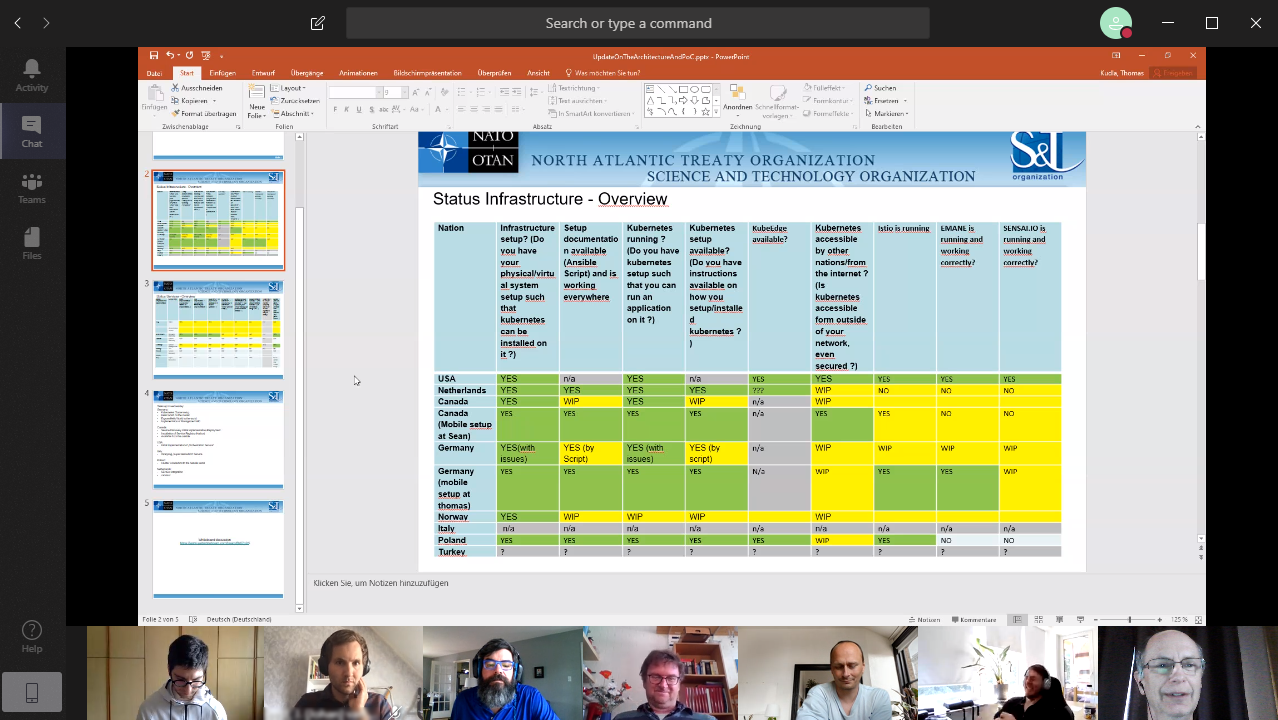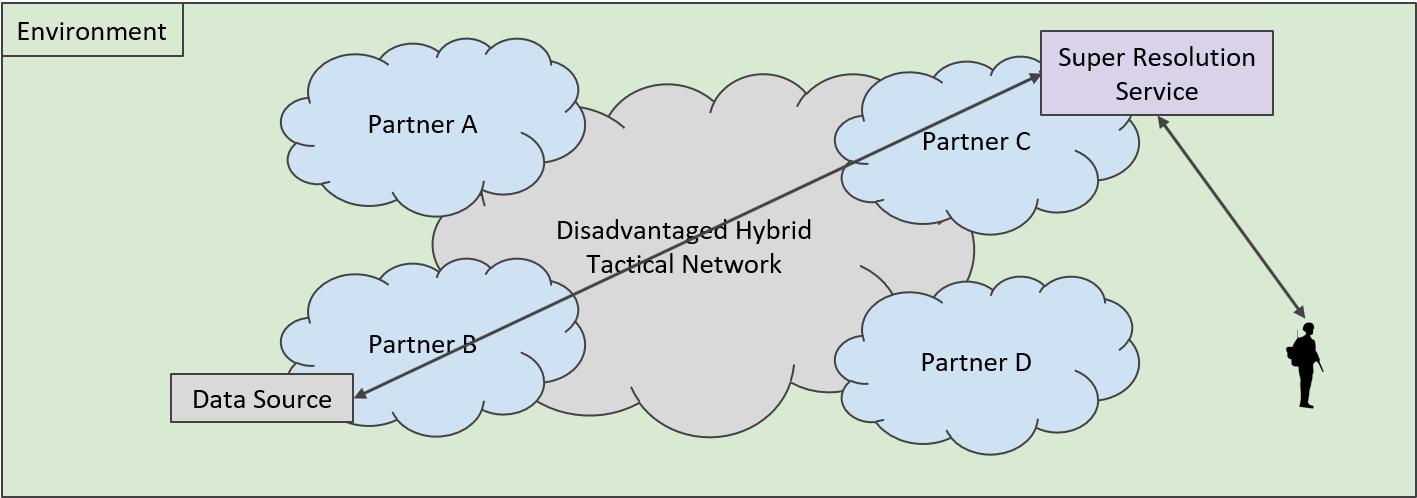
In military operational mission contexts, vehicles and military personnel have ever more IT and communication devices for acquiring and processing information. However, connectivity cannot be guaranteed. Hence, a dichotomy exists. On the one hand, improved sensing, mobile computing and on-board IT systems present a great possibility for the acquisition and processing of (big) data for intelligence. On the other hand, the disadvantaged battlefield connectivity prevents these opportunities from being fully exploited. As a result, the use of data suffers.
However, a more adaptive infrastructure allows either the data and/or the application to be moved, thereby allowing processing and information generation at the optimal location. This takes into account the local and current availability of data storage, processing power and connectivity between platforms. Simply said, the consideration becomes to either ‘move the data to the code’ or to ‘move the code to the data’. Therefore, new control strategies for matching data storage, processing and connectivity availability are needed, that orchestrate the distribution and execution of data and processing resources to generate information.

The Information Systems Technology (IST) Research Task Group (RTG) on "Adaptive Information Processing and Distribution to Support Command and Control" (IST-168) aims at assessing information exploitation improvements that result from the combined data and service resource matching approach, the data-centric infrastructure approach, and the containerised (micro-service) deployment approach. The overarching vision is to make the ‘ocean-of-data’ readily and seamlessly available in a theatre-independent military NATO tactical mission context.
In spite of the current restrictions, IST-168 pushed their research objectives forward. Led by The Netherlands, and composed by Canada, Germany, Italy, Norway, Poland, Turkey and the United States, the Team held its quarterly meeting in the virtual space, working a "sprint style" development that progressed the concept of adaptive maritime and land information processing using a federated, heterogenous multi-cloud environment. Published by IST |
